When it comes to basic tools, hammers are indispensable. Their versatility and simplicity make them a must-have in any toolbox. But what exactly are hammers used for, and how can you make the most of this fundamental tool? Let's explore the various applications and benefits of hammers.
Hammers play a pivotal role in construction and carpentry work. They are used for driving nails into wood, securing joints, and assembling structures. The weighted head of the hammer, often made of metal, provides the force needed to penetrate materials, making it an essential tool for building and repairing wooden structures.
In metalworking and masonry, different types of hammers are employed for shaping, bending, or breaking materials. Ball-peen hammers, for instance, are commonly used in metalworking to shape and flatten metals, while sledgehammers are employed in masonry for tasks like breaking concrete or driving stakes into the ground.
When it comes to tearing down structures or removing unwanted fixtures, hammers are invaluable for demolition work. Whether it's breaking down walls or dismantling old furniture, the right hammer can make the task more efficient and manageable.
For the average homeowner, hammers are essential for everyday maintenance and repair tasks. From hanging pictures on the wall to fixing a loose doorknob, having a reliable hammer is crucial for addressing minor issues around the house.
Hammers can also serve as emergency tools. In situations like car accidents, having a hammer to break a window can be a life-saving measure. Some hammers even come with additional features, such as built-in seatbelt cutters and glass breakers, making them valuable tools for roadside emergencies.
Q: Can I use any hammer for woodworking?
A: While you can use a standard claw hammer for woodworking, specific hammers designed for woodworking tasks, such as framing hammers or finish hammers, are often more effective and precise.
Q: What is the difference between a sledgehammer and a regular hammer?
A: A sledgehammer has a larger, heavier head and a longer handle than a regular hammer. It is designed for heavy-duty tasks like breaking concrete or driving wedges.
Q: Are there safety precautions when using hammers?
A: Yes, always wear safety glasses to protect your eyes from flying debris. Additionally, use the right hammer for the task at hand and strike materials squarely to avoid injury or damage.
In conclusion, hammers are versatile tools with a wide range of applications, making them essential for both professionals and DIY enthusiasts. Understanding the various uses of hammers can help you choose the right tool for the job and use it safely and effectively.
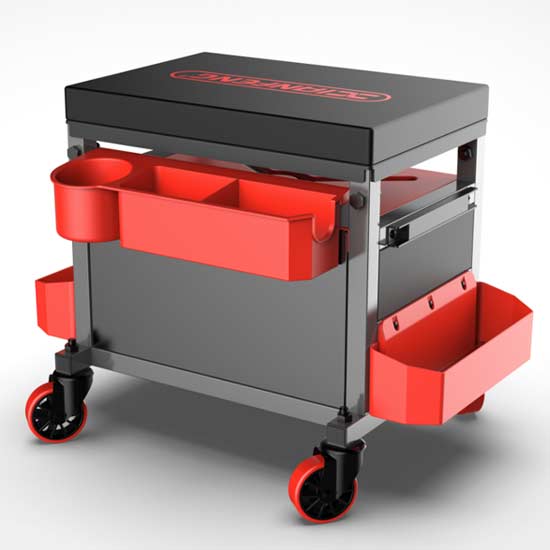 Tool seat
Tool seat
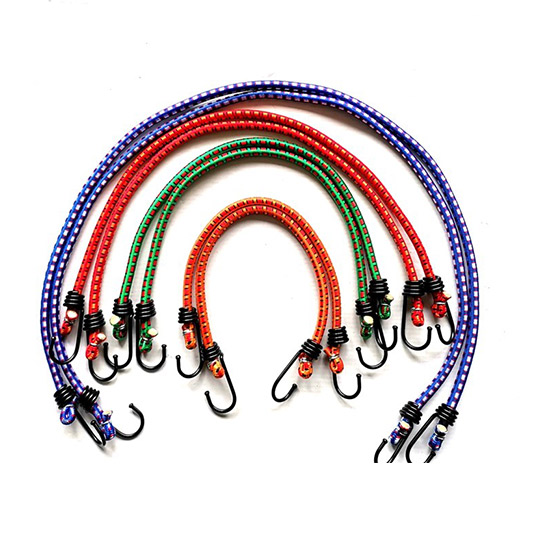 Stretch Cord
Stretch Cord
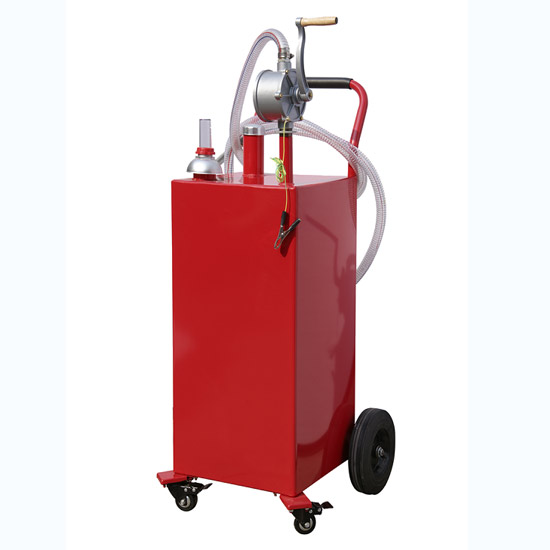 Oil Pump
Oil Pump
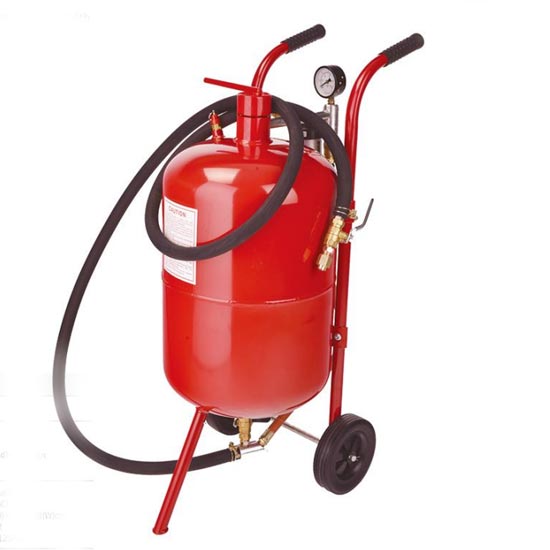 Sandblast Pot
Sandblast Pot
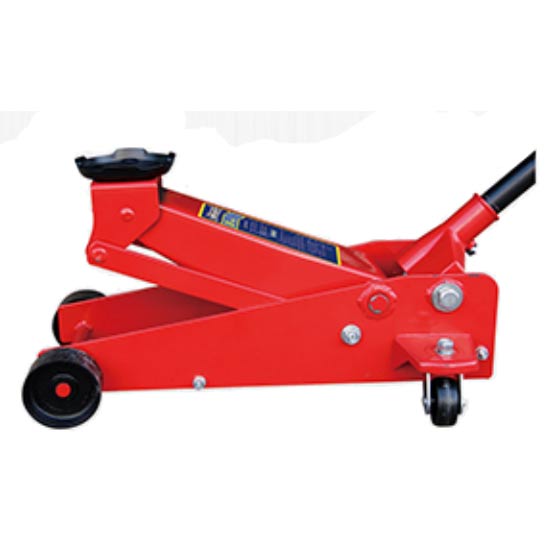 2.25 Ton Hydraulic Floor Jack
2.25 Ton Hydraulic Floor Jack
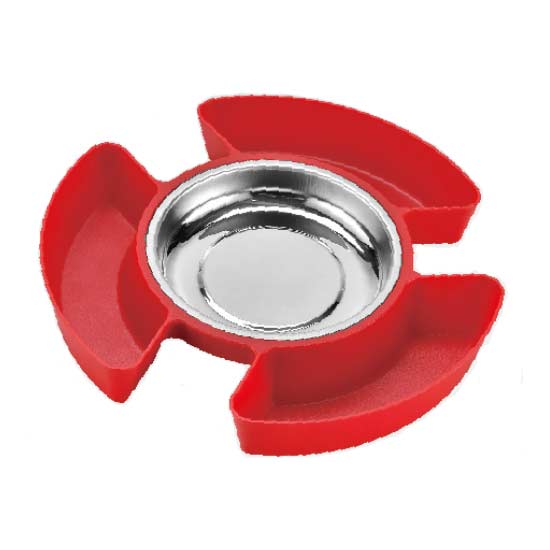 Magnetic Tray With Tool Plate
Magnetic Tray With Tool Plate
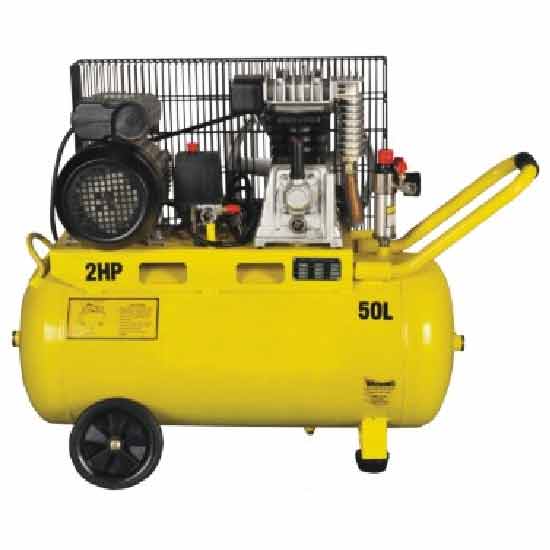 Single-stage Air-cool Movable Air Compressor
Single-stage Air-cool Movable Air Compressor
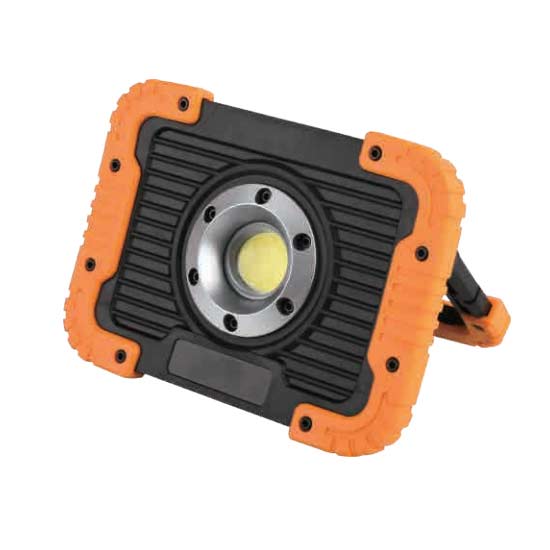 10W Rechargeable Led Flood Light
10W Rechargeable Led Flood Light
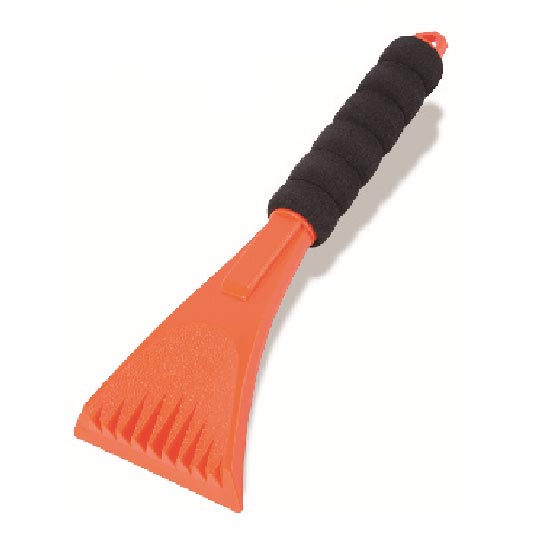 Ice Scraper
Ice Scraper
 Small Multimeter with Backlight
Small Multimeter with Backlight
 Jump Starter With 4 Led Lights
Jump Starter With 4 Led Lights
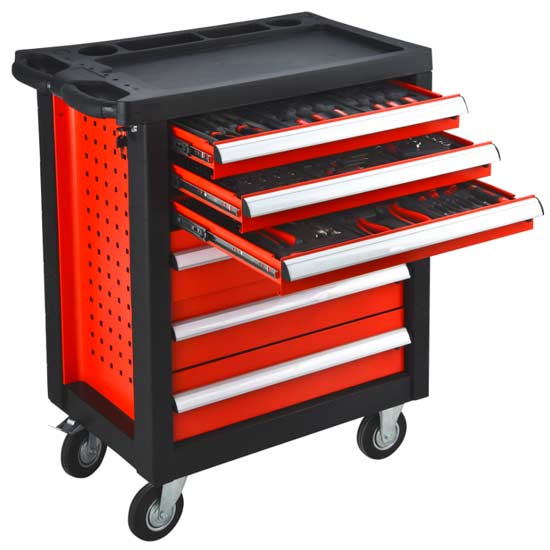 Steel Tool Cabinet
Steel Tool Cabinet
 Large Tool Cabinet
Large Tool Cabinet
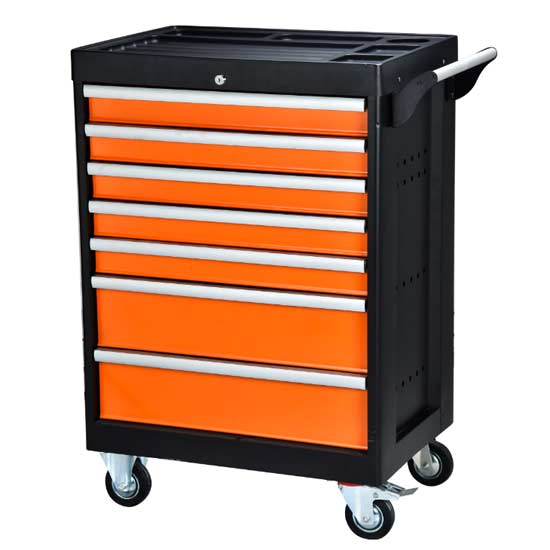 Tool Storage Cabinet
Tool Storage Cabinet
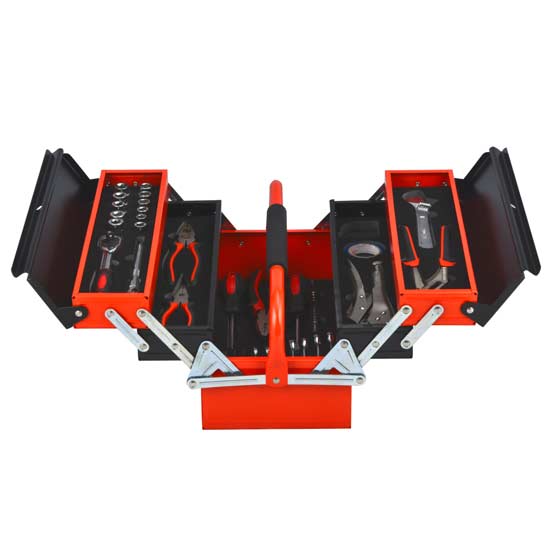 Metal Tool Box
Metal Tool Box
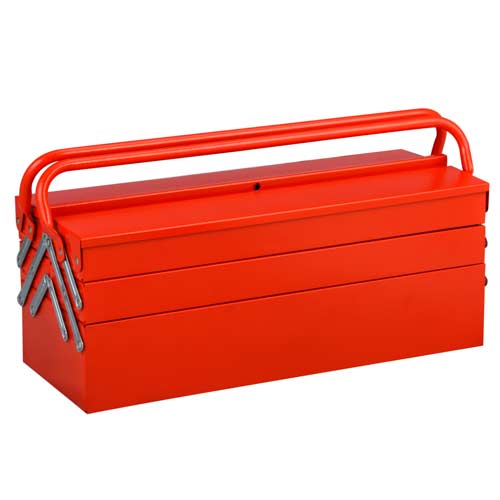 Large Metal Tool Storage Box
Large Metal Tool Storage Box
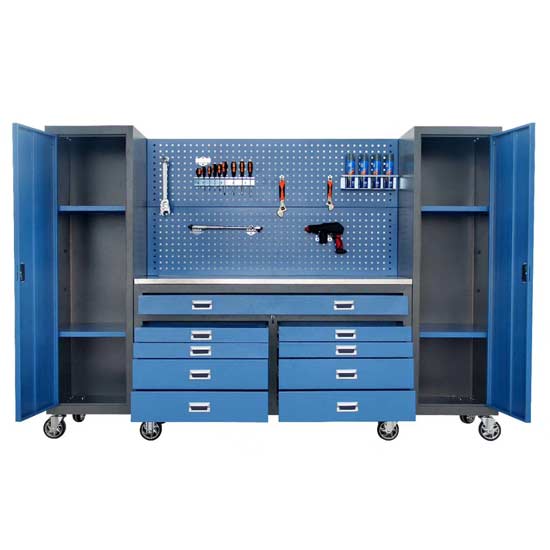 Blue Metal Tool Cabinet
Blue Metal Tool Cabinet
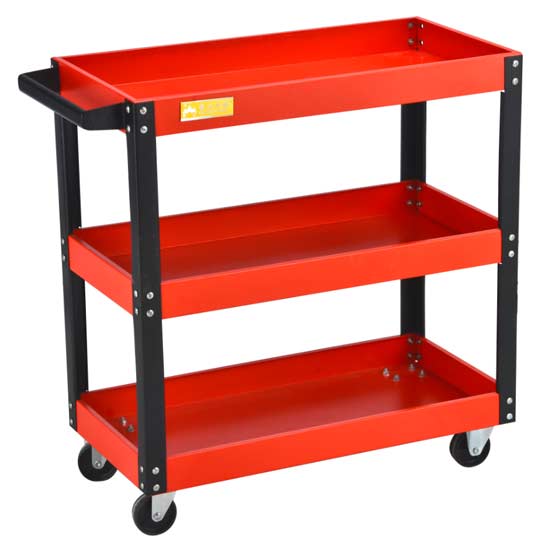 Red Steel Tool Trolley
Red Steel Tool Trolley
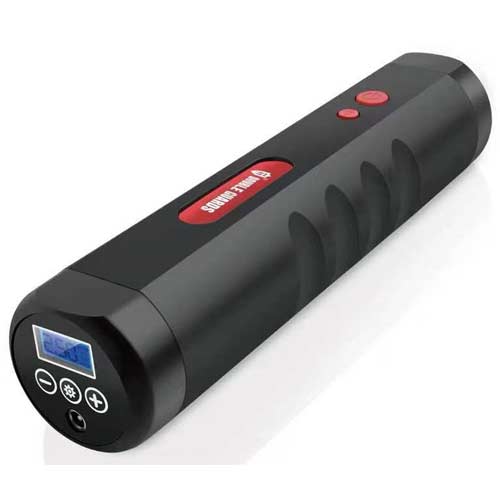 Portable Tire Inflator
Portable Tire Inflator
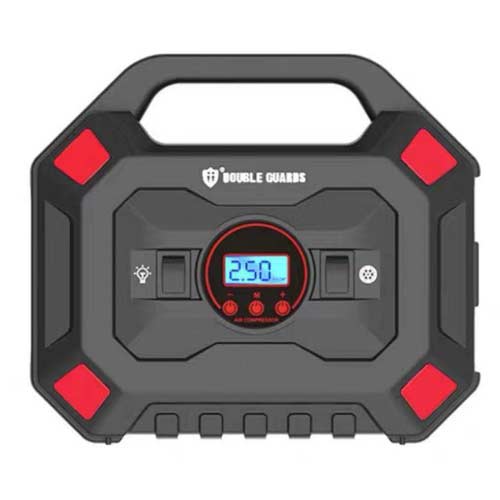 Custom Tire Inflator
Custom Tire Inflator
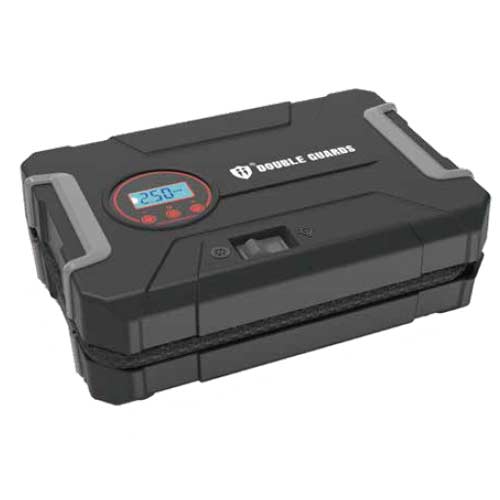 Tire Pressure Pump
Tire Pressure Pump
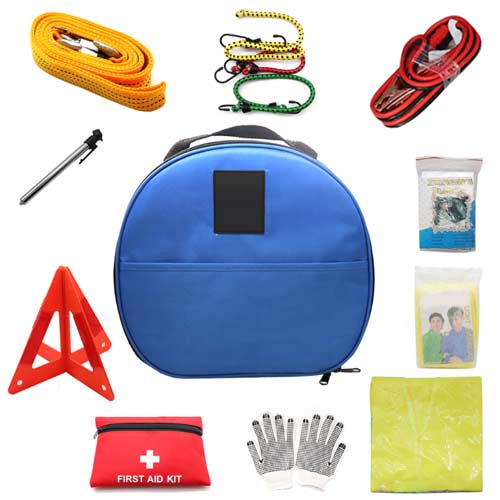 Auto Emergency kit
Auto Emergency kit